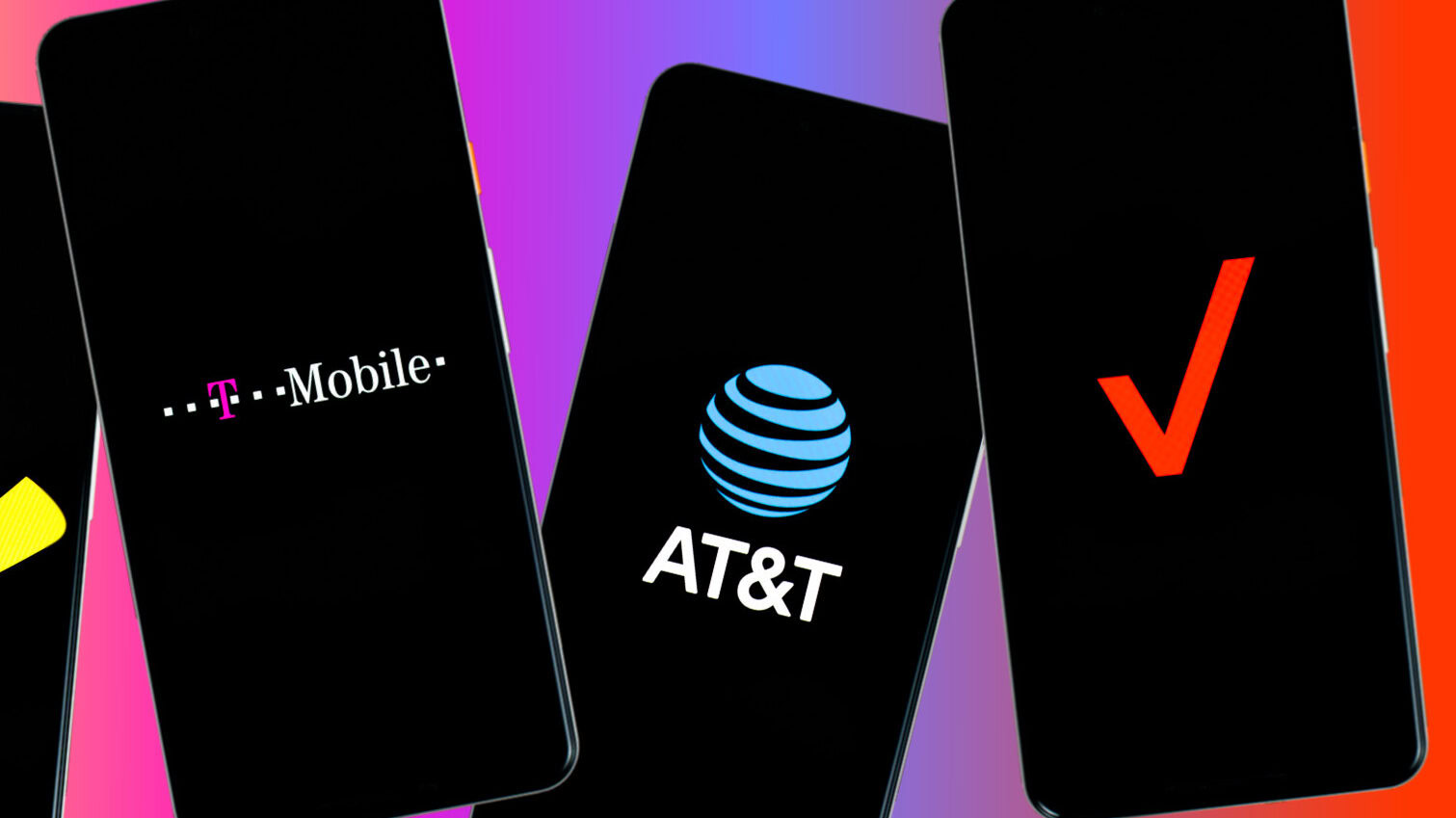Affiliate links on Android Authority may earn us a commission. Learn more.
Lawsuit against AT&T for throttling “unlimited” data will go forward


- The FTC took AT&T to court over its failure to disclose that it throttled its “unlimited” mobile plan subscribers after 5 GB of usage.
- AT&T appealed the lawsuit, but yesterday a federal court dismissed the notion. Now the court case can proceed.
- This could be good news for consumers, as it sets the precedent that the FTC has regulatory authority over large communications companies.
When AT&T brought back unlimited mobile data plans, the company neglected to promote that it would slow the connections of users after they burned through 5 GB of LTE data. Commonly known as “throttling,” the Federal Trade Commission argued that this represented “unfair or deceptive acts or practices” and sued AT&T.
AT&T appealed to the federal court that the company is a “common carrier,” a business category that is exempt from the FTC Act, and thus not under the authority of the FTC. However, according to a court summary filed yesterday, the Ninth U.S. Circuit Court of Appeals dismissed the notion, which enables the FTC to continue with its case against the nation’s second-largest telecommunications provider.
While this is bad news for AT&T, it could be good news for consumers. The ruling upholds the FTC’s regulatory authority over companies like AT&T, which are not simply telecommunications providers. AT&T’s argument essentially was, “We are a mobile carrier, not an ISP, and therefore not under the FTC’s regulatory control,” but the court has ruled against that. It is now legally clear that the FTC does have authority over the mobile branches of multi-faceted companies like AT&T and Verizon.

This enables the FTC to stand against mobile carriers that would try to use deceptive advertising practices to boost customer growth.
After this case began, carriers started being more upfront about when exactly “unlimited” data plans start to get throttled. Currently, AT&T advertises that unlimited plan subscribers get throttled after 22 GB of usage, Sprint after 23 GB, and Verizon after 22 GB. T-Mobile doesn’t start throttling customers until they use more than 50 GB of data in any 30-day period.
Federal Communications Commission Chairman Ajit Pai gave a statement on the ruling, welcoming the result: “The Ninth Circuit’s decision…reaffirms that the Federal Trade Commission will once again be able to police Internet service providers after the Restoring Internet Freedom Order takes effect,” Pai said. “In the months and years ahead, we look forward to working closely with the FTC to ensure the protection of a free and open internet.”
That last part is an interesting statement coming from the person who spearheaded dismantling Net Neutrality. AT&T did not give any comment on the case.